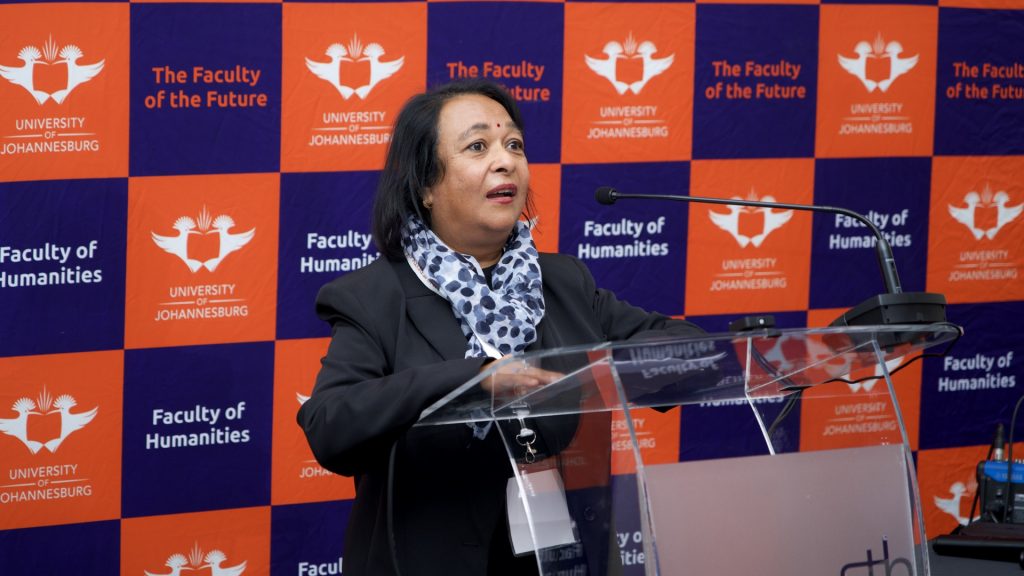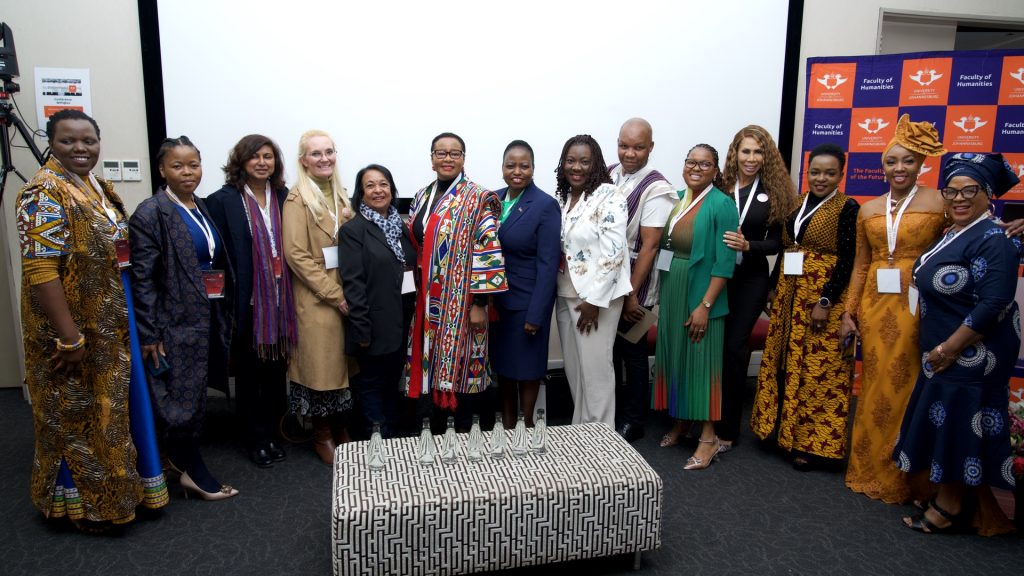WIISA CONFERENCE August 30 – 31 2023
The Institute for Pan African Thought and Conversation (IPATC) at the University of Johannesburg proudly hosted the Women’s Impact: Innovation and Sustainability in Africa (WIISA) conference on August 30th and 31st. This conference is a part of IPATC’s ongoing commitment to enhancing the economic empowerment of women in alignment with the Sustainable Development Goals (SDGs) and Agenda 2063. The event successfully brought together a diverse array of participants, including academics, investors, activists, public employees, and experts from around the world. The central theme of the conference was to explore the challenges hindering women’s financial inclusion and to discover the untapped potential for their economic empowerment.

Among the esteemed speakers at the conference was Professor Tanusha Raniga, serving as the INTERIM DST/NRF Research Chair in Welfare and Social Development at the Centre for Social Development in Africa (CSDA), University of Johannesburg. Her presentation shed light on the transformative and invaluable role women play in various societies, with a specific focus on African economies.
In her address, Professor Tanusha emphasised the increased attention given to the role of women in African economies over the past two decades. This issue has been a longstanding concern for social development scholars and practitioners. Professor Tanusha pointed out that South Africa’s economic growth, masked by the onset of the COVID-19 pandemic, tuck away the deepening gender inequality and structural issues that have perpetuated the feminization of poverty.
She stated, “I argue in many of my published papers that neoliberal globalisation has perpetuated the plight of women who work as informal traders in the second economy and who continue to suffer from discrimination inherent in structural adjustment.”
Professor Tanusha’s presentation also highlighted a key issue: the relationship between women and the labour market. She emphasised that women’s income and food insecurity can be primarily attributed to the inadequately designed and targeted systems intended to support women who work as informal traders, as acknowledged by the National Strategic Plan of the Department of Social Development in 2020. These challenges in policy implementation underscore the need for practical interventions to bridge the gap between policy statements and transformative programs. In conclusion, Professor Tanusha Raniga left the audience with a profound call to action. She urged scholars, practitioners, and policymakers to come together to promote gender justice in Africa. The goal is to stimulate partnerships and intellectual engagement that will not only advance knowledge but also translate into effective social development practices on the continent.

